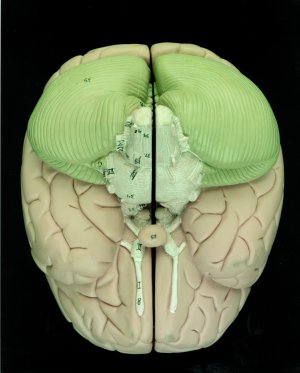articles/Fine-art/agedawning-page2
A New Age Is Dawning - part 2 of 1 2 3
by Winston Ingram Published 01/02/2000

Another thing the SWPP will be doing for you in the new century is to have a special press pass issued to help you on your way to this kind of success. Our organisation is having a major effect on the successes of photographers now and in the future. Join up, become part of it, get qualified and trained and start a new career and join many of the other outstanding successes we have had in the Twentieth Century. I never take my job for granted - even after 40 years of lecturing and photography. This is one of the few jobs where you can make fantasy into reality and where there is so much variation in the job that it is unlikely that a photographer could not find some or even many aspects that would not keep their interest for the rest of their lives.
To give you some more details of the professional course that is run by Winston Ingram, the objectives are to allow the student to be come a qualified, registered, professional photographer. The tuition is on a one-to-one basis and can be taken either full or part time. Winston is a registered government course provider with the Dept. of Education and Employment. The tuition will cover full technique in camera work, lighting, exposure and composition for all circumstances. Full laboratory training in the production of all negatives and prints and an understanding of the chemistry and equipment involved. The production of a portfolio to show future, prospective clients or employers, help with the panel required to satisfy an examining body together with the requirements of any written work. It will in short, help you to achieve successful, professional photographic business. There are also some other considerations that most students when first starting, showing their port-folio around are offered work which they cannot undertake because either they have lack of equipment or space facilities. In Winston's course as part of the tuition, all jobs can be undertaken by students and shot in Winston's studio and developed in his laboratory (both extensively equipped) as part of your lessons. Also rather uniquely when Winston is working on his own jobs where appropriate to the students training, the student can assist as part of their tuition also. And of course there is the seven-day a week service, as mentioned before.

This year and this century in fact, has been very, very exciting in photography and for the next century, it's going to be even more exciting. A lot of people are worried in photography about digital imaging and how this may affect the ordinary chemical photography process. The thing is, that a lot of the industry will switch over to digital, from the point of view of press work, the amateur market where I think, myself, my prediction, is over the next five years, less and less normal 35mm camera will be sold. And more and more digital cameras will be sold so that people can have their work immediately and now most people have a computer in their home and a printer and a scanner, they can print out their own photographs, which of course will hit the mini-lab industry quite hard. But where photography is very exciting, is to the properly trained and properly qualified photographer, there is far more work than there has ever been and I have proof of this myself in my own work, where now a client, when they require either a print to scan or a negative or a transparency, they want it on either medium or large format, top quality and at a quality that 35mm and the cheaper cameras, digital or otherwise cannot compete with and if you take it logically, although digital cameras and processes are improving all the time and being developed, so are film. The quality of film emulsions, paper and chemistry has improved even in the last ten years beyond all recognition and as long as this improvement continues - which it will - then it is very unlikely, certainly not for the foreseeable future that digital imaging has any chance to catch up to the superior quality which is acknowledged by everybody of the photographic chemical techniques. Therefore if you can increase your skill level which we as an organisation want you to do in every aspect, you will find, you will get much higher paid work and much more of it. And there will be a greater and much more increasing demand for this, as the time goes
Photography will eventually become a bit like painters who paint in oil or watercolours in that their worth is very, very high and a lot of them are millionaires. You don't have the struggling artist syndrome nowadays because the demand outweighs the supply and this of course will happen with photographers as more and more people go digital and more and more people don't learn the photographic skills properly, then those who are learning or have learnt to a high standard will of course get all the work and be able to command much, much higher income from it. Always remember, hundreds of thousands of magazines with photographs and books and other written material with accompanying pictures are published every day of the year. They've got to get their work from somewhere. Hundreds of thousands of brochures, leaflets, catalogues are all published whether they are for fashion advertising, corporate image work promotion and all the other things you can think of, and somebody has got to be doing the photographic work, and that somebody should be you.
Please Note:
There is more than one page for this Article.
You are currently on page 2 Contact Winston Ingram
1st Published 01/02/2000
last update 09/12/2022 14:50:58
More Fine-art Articles
There are 0 days to get ready for The Society of Photographers Convention and Trade Show at The Novotel London West, Hammersmith ...
which starts on Wednesday 15th January 2025





